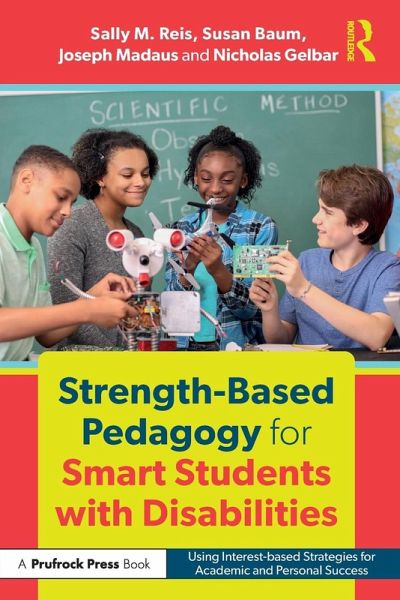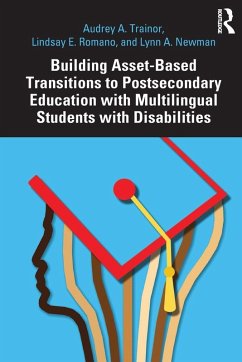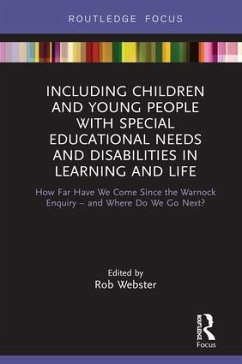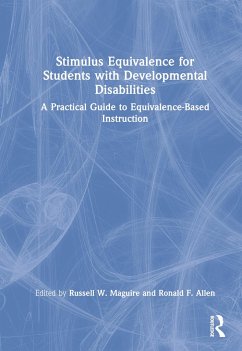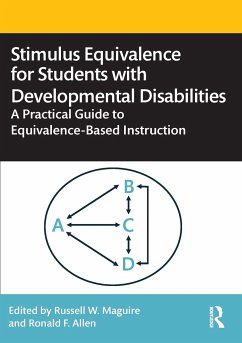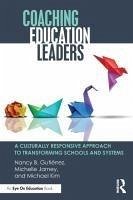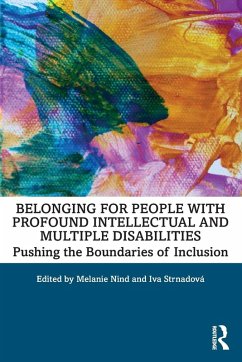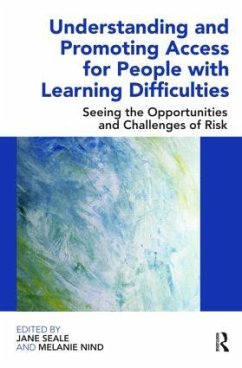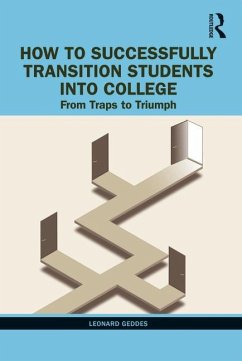Sally M. Reis, Ph.D., holds the Letitia N. Morgan Chair in Educational Psychology, is a Board of Trustees Distinguished Professor, and is well known for her work with academically talented students. She is a past president of the National Association for Gifted Children, and the Co-Director of Confratute, the longest running summer institute in the development of gifts and talents. Susan Baum, Ph.D., is an educator, author, consultant, Chancellor of Bridges Graduate School for Cognitive Diversity in Education and Director of the 2e Center for Research and Professional Development. The author of To Be Gifted and Learning Disabled, her globally recognized writing and research covers many areas of education, including differentiated curriculum and instruction, gifted education, gifted learning-disabled students, and gifted underachieving students. Her work on twice-exceptional students is recognized globally and she has received many awards for her contributions to the field of twice exceptionality and strength-based, talent-focused teaching and learning. Joseph Madaus, Ph.D., is a tenured professor and the director of the Collaborative on Postsecondary Education and Disability in the Neag School of Education at UConn. He has been recognized for his service to the field of higher education and disability and for his research. Nicholas Gelbar, Ph.D., is a psychologist and researcher at the Neag School of Education at the University of Connecticut. He worked for over 5 years at the Autism Center at the Hospital for Special Care as a psychologist and is a nationally certified school psychologist as well as a Board Certified Behavior Analyst at the Doctoral Level. He has training and expertise in identifying and teaching students identified as neurodiverse and twice-exceptional.
